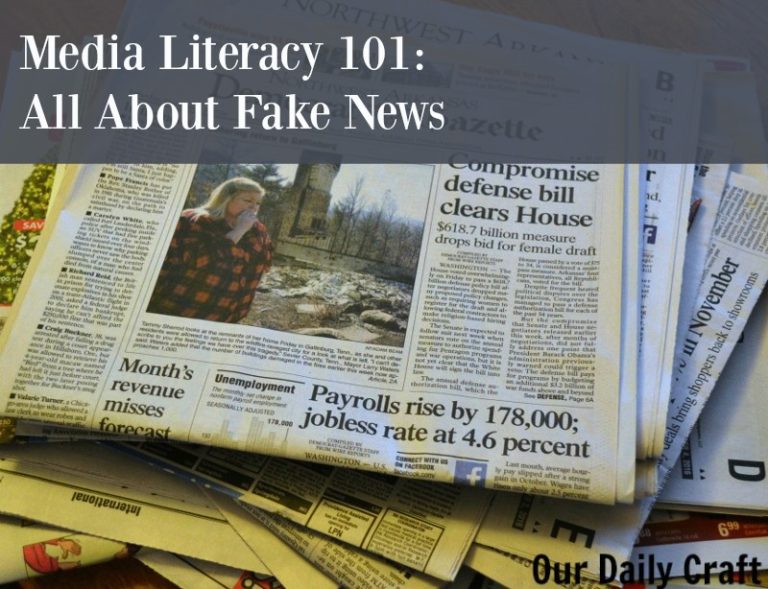
Unmasking the Deep State: 10 Shocking Truths They Don’t Want You to Know
The term “Deep State” evokes images of shadowy figures pulling strings from behind the curtain, manipulating events for their own inscrutable purposes. While the existence of a cohesive, centrally controlled “Deep State” remains a subject of intense debate, the underlying concept – powerful, unelected actors influencing government policy – is undeniable. This article explores ten shocking truths about the subtle, pervasive influence wielded by these actors, truths the establishment would prefer remain buried.
1. The Bureaucratic Labyrinth: Government agencies, sprawling and complex, often operate with a degree of autonomy exceeding public oversight. Internal cultures and established norms can prioritize self-preservation and the maintenance of power over responsiveness to elected officials or public will. This creates fertile ground for policies to be shaped by entrenched interests, regardless of democratic processes.
2. The Intelligence Community’s Shadow Influence: Intelligence agencies, tasked with gathering and analyzing information, possess immense power. Their assessments, often shrouded in secrecy, can significantly sway policy decisions. The potential for bias, manipulation, and the prioritization of national security interests above democratic accountability is a genuine concern.
3. The Military-Industrial Complex’s Unseen Hand: The symbiotic relationship between the military, defense contractors, and political elites creates a powerful nexus of influence. The pursuit of profit and the maintenance of a strong defense posture can lead to policies driven by self-interest, sometimes at odds with the public good.
4. The Power of Lobbying and Special Interests: Lobbyists, representing corporations, industries, and special interest groups, wield significant influence on policymakers. Their well-funded campaigns and access to politicians can shape legislation in ways that benefit their clients, often at the expense of the broader public.
5. The Media’s Role in Shaping Narratives: The media, while crucial for informing the public, can be influenced by powerful actors. Selective reporting, biased framing, and the control of information flow can create narratives that serve the interests of those who control the narrative.
6. The Influence of Think Tanks and Academic Institutions: Think tanks and universities, often seen as sources of unbiased research, can be funded and influenced by powerful entities. This can lead to research agendas and policy recommendations that advance specific interests rather than objective truth.
7. The Global Network of Influence: The influence of the “Deep State” is not confined to national borders. International networks of power, including multinational corporations, international organizations, and global financial institutions, exert considerable influence on global politics.
8. The Role of Money in Politics: The immense cost of political campaigns creates a system where wealthy individuals and corporations hold disproportionate influence. This imbalance undermines the principle of “one person, one vote,” allowing the interests of the wealthy to overshadow the concerns of ordinary citizens.
9. The Culture of Secrecy and Lack of Transparency: The operation of power behind closed doors, characterized by secrecy and a lack of transparency, allows for manipulation and the avoidance of accountability. This culture of secrecy undermines public trust and hinders effective democratic governance.
10. The Resilience of the System: The “Deep State” is not a monolithic entity, but a complex network of interconnected actors and institutions. This makes it incredibly resilient to change and reform efforts. Attempts to expose or dismantle this network often encounter powerful resistance.
| Truth | Impact |
|---|---|
| Bureaucratic Labyrinth | Reduced accountability, inefficient policy |
| Intelligence Influence | Policy skewed by biased assessments |
| Military-Industrial Complex | War-mongering, inflated defense spending |
| Lobbying Power | Legislation favoring special interests |
| Media Manipulation | Public misinformed, biased narratives |
| Think Tank Influence | Biased research, policy recommendations |
| Global Network | Global political manipulation |
| Money in Politics | Unequal influence, undermines democracy |
| Secrecy and Lack of Transparency | Erosion of public trust, lack of accountability |
| System Resilience | Resistance to reform, maintains power structure |
Understanding these “shocking truths” is not about promoting conspiracy theories, but about recognizing the complex interplay of power and influence that shapes our world. A critical and informed citizenry is essential for holding power accountable and ensuring a truly representative democracy.

Additional Information
The title “Unmasking the Deep State: 10 Shocking Truths They Don’t Want You to Know” immediately raises red flags. Such sensationalist phrasing is often a hallmark of conspiratorial thinking, and any analysis must critically evaluate the claims made within such a publication. The inherent problem with “deep state” narratives is their lack of falsifiability. Claims are often vague, lack concrete evidence, and rely heavily on innuendo and speculation rather than verifiable facts. A proper analysis therefore requires a rigorous examination of the specific “shocking truths” presented, rather than accepting them at face value.
To provide a meaningful analysis, we need the content of the original article. However, we can anticipate some common themes and offer a framework for critical analysis:
Potential Claims and their Critical Analysis:
-
Claim: Unelected bureaucrats secretly control government policy.
- Analysis: While unelected civil servants do play a significant role in policy implementation, the notion of a clandestine cabal overriding elected officials is unsubstantiated. The influence of bureaucrats varies across political systems and depends on factors like the specific agency, its budget, and the political climate. Empirical studies on bureaucratic influence are needed to assess its extent, rather than relying on unsubstantiated claims.
-
Claim: Intelligence agencies operate outside of legal oversight.
- Analysis: Intelligence agencies inherently operate with a degree of secrecy. However, the extent to which they operate “outside of legal oversight” is a matter of debate and depends on the specific agency and the country in question. Oversight mechanisms, such as congressional committees and judicial review, exist but their effectiveness varies. Specific examples of alleged illegal activities, backed by verifiable evidence, would be necessary to support such a claim.
-
Claim: The military-industrial complex secretly influences foreign policy.
- Analysis: The military-industrial complex, a term coined by President Eisenhower, is a real phenomenon involving the interconnectedness of military establishments and defense contractors. Its influence on foreign policy is a legitimate subject of debate. However, to move beyond general concerns, one needs to analyze specific instances where this influence demonstrably led to specific policy decisions, ideally with quantitative data on lobbying efforts, campaign donations, and policy outcomes.
-
Claim: Major events are orchestrated by the deep state.
- Analysis: This is a particularly dangerous claim. Attributing major events, such as terrorist attacks or economic crises, to a shadowy “deep state” without evidence deflects responsibility from identifiable actors and fosters distrust in legitimate institutions. Such claims need to be analyzed using established investigative methodologies, including examining evidence, interviewing witnesses, and employing rigorous fact-checking techniques.
General Considerations for Evaluating “Deep State” Narratives:
- Source Credibility: Evaluate the source of the information. Is it a reputable news organization, academic journal, or government report, or is it an unreliable source prone to misinformation?
- Evidence Quality: Examine the evidence presented. Is it anecdotal, circumstantial, or based on verifiable facts and data? Are alternative explanations considered?
- Confirmation Bias: Are there any signs of confirmation bias, where the author selectively focuses on evidence that supports their preconceived notions while ignoring contradictory evidence?
- Logical Fallacies: Does the argument rely on logical fallacies such as ad hominem attacks, straw man arguments, or appeals to emotion?
In conclusion, critically assessing claims about a “deep state” requires a high degree of skepticism and rigorous fact-checking. Sensationalist claims should be treated with caution, and any analysis should focus on verifiable evidence and a balanced assessment of all available information. Without access to the specific claims in the article, this remains a general framework for critical analysis. Providing the specific claims would enable a more precise and detailed evaluation.




